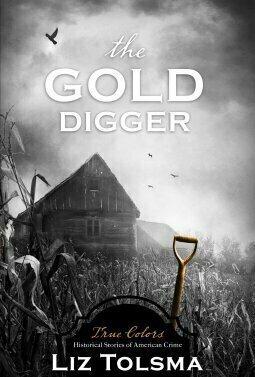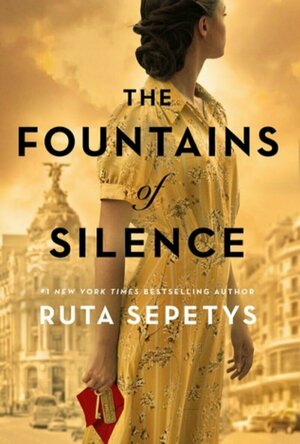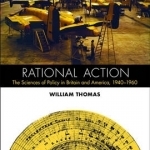
Rational Action: The Sciences of Policy in Britain and America, 1940-1960
Book
During World War II, the Allied military forces faced severe problems integrating equipment,...
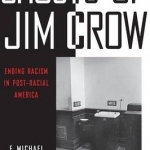
Ghosts of Jim Crow: Ending Racism in Post-Racial America
Book
A provocative, and timely, solution for ridding America of the traces of Jim Crow policies to create...
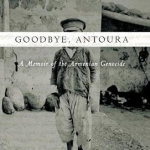
Goodbye, Antoura: A Memoir of the Armenian Genocide
Book
When World War I began, Karnig Panian was only five years old, living among his fellow Armenians in...
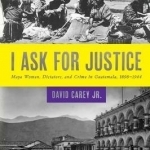
I Ask for Justice: Maya Women, Dictators, and Crime in Guatemala, 1898-1944
Book
Winner, Bryce Wood Book Award, Latin American Studies Association, 2015 Given Guatemala's record of...
Lindsay (1793 KP) rated The Gold Digger (True Colors #9) in Books
Nov 23, 2020
Why does the town seem to pick on a guy named Ray? Ingrid seems a bit naive about what her sister is doing but she loving her sister and children. Is her sister Belle a murder or looking for easy money? The town seems to think nothing of it when men go missing or think they just leave suddenly.
We do see that Ingrid and Nils seem to connect after meeting each other. They seem to take their time getting to know each other and courting. The plot of this story is deep and detailed. The story is done well. It just seems like found out who the killer is quite quickly. It just seems that Nils had to convince Ingrid and the town sheriff or the real killer and not the one they keep pulling in to question.
There are some surprises when it is all revealed and solved. Though there is still a twist at the end as well. There seem to be a mystery and lots of crimes. This is good in the sense that it tells some history of American crime and historical fiction and crime. It is a true crime. I rate this 4.5 Moons (stars).
ClareR (6062 KP) rated The Fountains of Silence in Books
Oct 4, 2019
Daniel meets Ana, a maid at the hotel they are staying at, and falls in love. He decides to take photos of the real Spain, encouraged by an American journalist who is also staying at the hotel, and as a way of learning more about Ana’s life.
So we are introduced to real life in Franco’s Spain: the fear, the tragedy and the suffering.
There are actual excerpts from political documents and newspaper reports at the time, and these really helped clarify the background to the story that unfolded in the book. I really liked this touch.
I loved this novel. The descriptions of life in Spain at the time were so vivid: from the heat to the poverty in Ana’s village, to the opulence of Daniels hotel. Ana and her family were lovely people, having to cope in an impossible situation as the children of murdered republicans. And the end was very satisfying (although I’m sure I would have happily read on for longer!). This will definitely be a book that I recommend to anyone interested in Spain’s recent history. It is a beautiful story.
Many thanks to The Pigeonhole for choosing such a wonderful book to serialise.
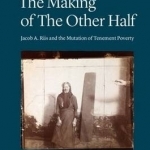
Making of the Other Half: Jacob A Riis & the New Image of Tenement Poverty
Book
The Making of The Other Half introduces a new theoretical approach to the study of Jacob A. Riis,...

Larousse Dictionary of Synonyms and Antonyms
Reference and Education
App
Larousse Dictionary of Synonyms and Antonyms features 110 000 synonyms and 18 000 antonyms used in...
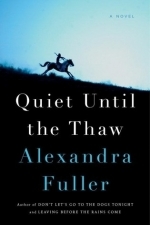
Quiet Until the Thaw
Book
The debut novel from the bestselling author of Don’t Let’s Go to the Dogs Tonight and Leaving...
Fiction
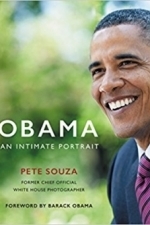
Obama: An Intimate Portrait
Book
This is the definitive visual biography of Barack Obama's historic Presidency, captured in...
Photography Politics
